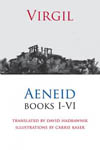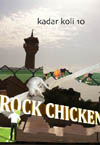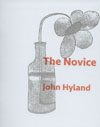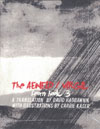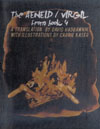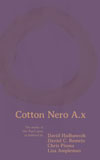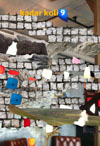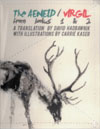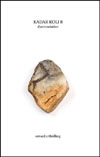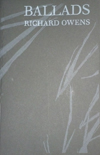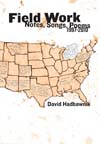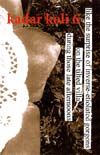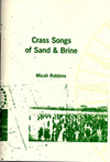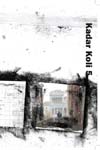A Roundtable at the 51st International Congress on Medieval Studies in Kalamazoo, MI, May 12-15, 2016.
Abandon then the base and viler clowne,
Lyft up they selfe out of the lowly dust:
And sing of bloody Mars, of wars, of giusts.
Spenser, The Shepheardes Calender (October, 37-39).
In the introduction to Uncommon Ground: Rethinking the Human Place in Nature, William Cronon writes, “‘[N]ature’ is not nearly so natural as it seems. Instead, it is a profoundly human construction.” This panel seeks to extend Cronon’s observation to the “pastoral,” with papers that mark and comment on the pastoral as one of modernity’s key innovations. Usually seen as an archaizing and nostalgic mode, we seek to explore pastoral’s experimental dimension, which, to borrow Lucy Munro’s definition of archaism, “unsettles relationships between past, present and future even as it seemingly attempts to inscribe them.” This is a fitting way to think pastoral’s lyric playfulness and its startling ambition, exemplified by the rustic sublimity of The Second Shepherds Play and the critical scope of pastoral satire. Virgil’s use of the pastoral is perceived as a strident cry against the “progress” of empire and the encroachment of urban civilization, a kind of nostalgia for the stasis of agrarian life. Later critics and poets saw pastoral verse as a “clownish” jumping-off point for more “mature” and “sophisticated” forays into epic poetry. This panel will elucidate the ways in which the pastoral itself -– both the rural, idyllic scenes it describes and the modes of verse that pastoral increasingly maps out –- is rife with forward-thinking experimentation and innovation. For example, pastoral poetry (following Virgil’s lead) quickly becomes a locale of moral critique, a place from which to speak truth to power. The homely mask of the pastoral poet shields poets who wish to weigh in on risqué political and religious topics, and the rustic, archaic, “dull” speech associated with the pastoral mode likewise offers linguistic cover. Spenser’s Shepheardes Calender is a stunning example of poetic innovation, providing models of poetic diction that remained highly influential among English poets for centuries to come. The pastoral is thus a place set aside by modernity for experimentation with language, a habitus wherein bodily idleness plays against intellectual flights of fancy and the borders between genders (and genres) become blurred.
This roundtable seeks papers that address the myriad ways in which the pastoral, despite (or perhaps because of) its avowed stance against progress and seemingly backwards compositional scene, actually provides a zone in which poets produced some of the most provocative statements and stunning poetic and linguistic advances of the medieval to early modern period.
Deadline for proposals Sept. 15; contact Will Rhodes (wmr2d@virginia.edu) and David Hadbawnik (dh37@buffalo.edu) with proposals or questions.



